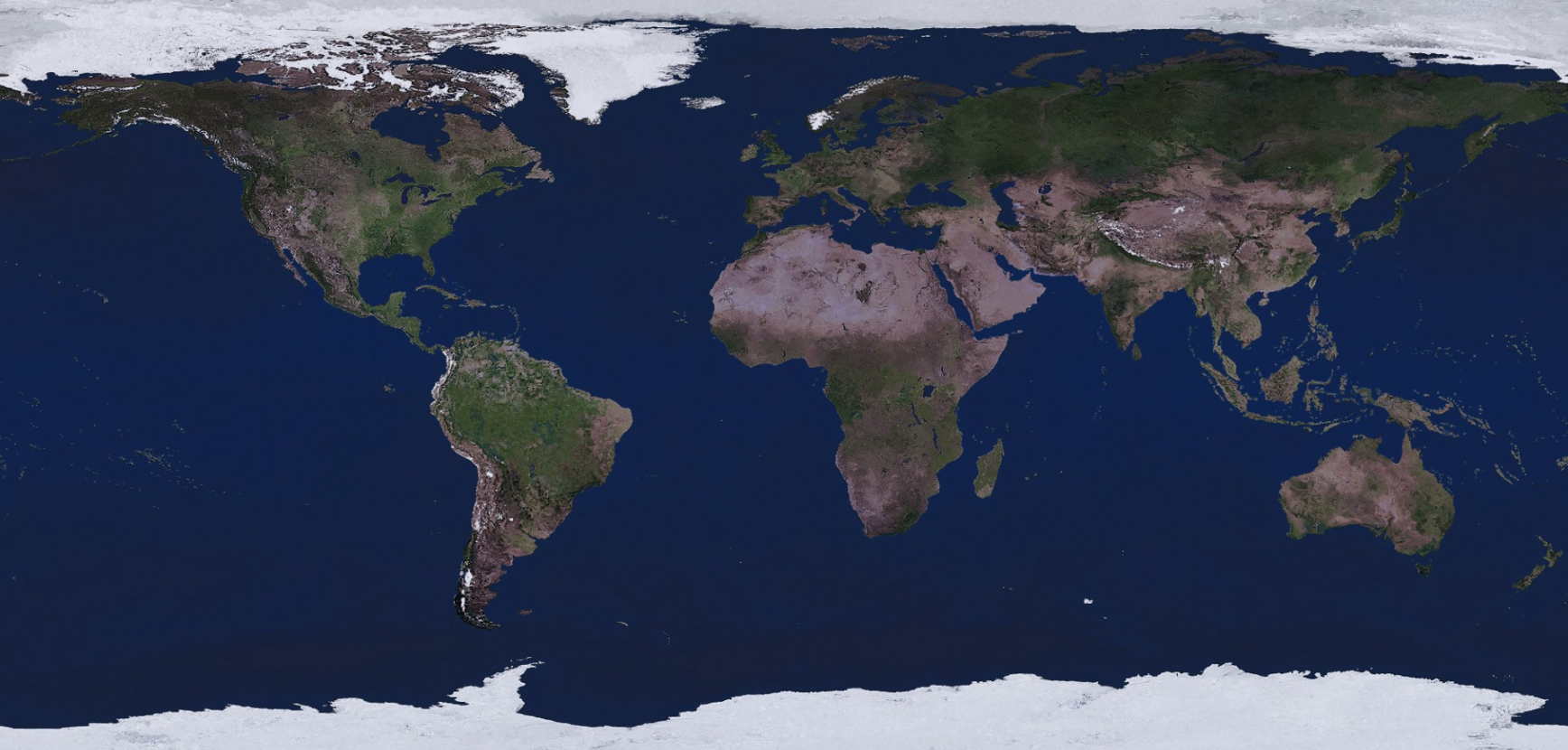Katarzyna Skiba
“It comes down, I think, to us taking responsibility for the personal choices in our everyday lives. That’s all any of us can be expected to do.”
This is how David Attenborough ends his award-winning documentary on pollution, Blue Planet II, by calling on the individual viewer to examine their own choices and do what they can to save the planet. He is not the only one who shares this sentiment: anti-plastic-straw campaigns, reusable water bottles and disposable coffee cups made out of recycled materials have taken the world by storm. And, at the end of the day, isn’t that all we can do, to change our own habits and hope they catch on?
No, it isn’t. Although individual consumption habits have an effect on the worldwide level of pollution, these eco-friendly habits are frankly not making a dent in comparison to the hole being dug by corporate polluters. According to this year’s Carbon Majors Report, as few as “100 companies have been responsible for more than 70% of the world’s carbon emissions since 1988” (Carbon Majors Report). Adding to that, unfortunately, individual action is not holding these companies accountable. In fact, according to a study published in the leading journal Nature, even if every individual were to adopt environmentally friendly practices, “committed emissions from existing energy infrastructure” would make the 1.5-degree climate target completely impossible (Nature). No amount of individual action, no matter how well-intentioned, can counteract the magnitude of corporate and industrial damage.
This “mistaken belief that a better form of consumerism will save the planet” allows corporations to continue to exert the massive levels of political and economic power, all the while maintaining that they will work towards the future goals of becoming more sustainable producers (George Monbiot). For example, Shell, one of the world’s top polluters launched a recent publicity campaign focusing on investing in the expansion of environmentally friendly business practices. Even so, in 2018, Shell invested $25 billion in oil and gas (The Guardian). “Better” consumerism has an impact, but for corporations, it only serves as a means for rebranding; they can brand themselves as “moving towards environmentalism” and continue to wreak havoc on the planet in the meantime.
Corporations will always value short-term profits over long-term environmental action, and they have used any means necessary to protect themselves from growing public concern. Leading oil company ExxonMobil, for instance, has paid 124 organizations – including websites, lobby groups, academic bodies, and even citizens’ organizations – to spread climate skeptic arguments (The Guardian). Companies are not afraid to use any means necessary to protect themselves, so why are we so hesitant to take action against them?
But there are still some things that we can do. According to Extinction Rebellion founder Roger Hallam in his book “Common Sense for the 21st Century,” as summarized by George Monbiot of The Guardian, “gradualist campaigns making small demands cannot prevent the gathering catastrophes of climate and ecological breakdown” (George Monbiot). Mass mobilization is needed in order to counter corporations, and widespread demands must be made. Structural problems require radical solutions in order to dismantle the structures allowing this to continue.
As expressed by Monbiot: “Eco-consumerism may expiate your guilt. But it is only mass movements that have the power to alter the trajectory of the climate crisis” (Monbiot). As the threats of climate change continue to rear their ugly heads, we must fight back against its main perpetrators rather than blaming ourselves.
Other posts that may interest you:
- The Trouble with ‘Ecocide’
- Carbon dioxide removal – hit or miss?
- Local Victories for Turkish Opposition — A Sign of Hope?
- Are France and Japan a Mismatch Made in Heaven?
- A Reflection on Dark Tourism
Discover more from The Sundial Press
Subscribe to get the latest posts sent to your email.





